Smaïl Lakhdar-Hamina
출생 : 1943-01-01, M'sila, Algeria
사망 : 2021-12-14
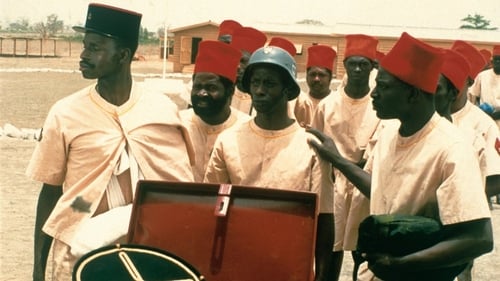
Cinematography
A Senegalese platoon of soldiers from the French Free Army are returned from combat in France and held for a temporary time in a military encampment with barbed wire fences and guard towers in the desert. Among their numbers are Sergeant Diatta, the charismatic leader of the troop who was educated in Paris and has a French wife and child, and Pays, a Senegalese soldier left in a state of shock from the war and concentration camps and who can only speak in guttural screams and grunts.

Director of Photography
A Senegalese platoon of soldiers from the French Free Army are returned from combat in France and held for a temporary time in a military encampment with barbed wire fences and guard towers in the desert. Among their numbers are Sergeant Diatta, the charismatic leader of the troop who was educated in Paris and has a French wife and child, and Pays, a Senegalese soldier left in a state of shock from the war and concentration camps and who can only speak in guttural screams and grunts.

Cinematography
Directed by Abderrahmane Bouguermouh.

Cinematography
Mr. Rachid, librarian, shocked and disappointed by his recent transfer, talks about the day and the night that preceded the tragic death of one of his colleagues.
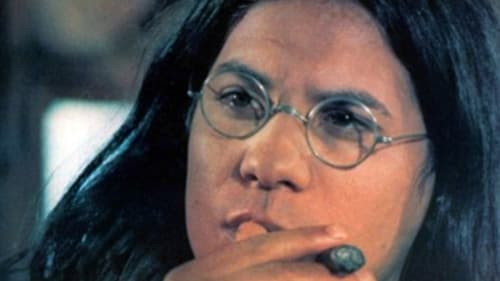
Cinematography
In one of the tribes of the Algerian Sahara, everyone awaits the arrival of the hero who will defend the rights of the poor. A man decides one day to put the mark of the "hero" on his newborn son and the whole tribe celebrates the arrival of this eagerly awaited messiah who came to save them. This false hero then grows up by assuming his role of savior. Filled with cynicism, he crosses the countryside and has a number of adventures.

Director of Photography
A watershed film, Omar Gatlato held a mirror up to Algerian male culture and the mirror cracked. The title refers to the expression "gatlato al-rujula," or, roughly, "machismo killed him" and the film's mordant insights into male posturing and alienation in Algerian society animate this bit of folk wisdom. In mock documentary style, a young man recounts with wry commentary a typical day in his life in the Bab el-Oued quarter of Algiers, while the camera playfully shows a different story. In following Omar and his friends in their pursuit of happiness, the film examines with shrewd humor the gang values of urban youth; their passion for popular culture (soccer, "Hindoo" movies, Rai concerts), their hidden fear of women, and their social insecurity in an environment where they are marginalized.
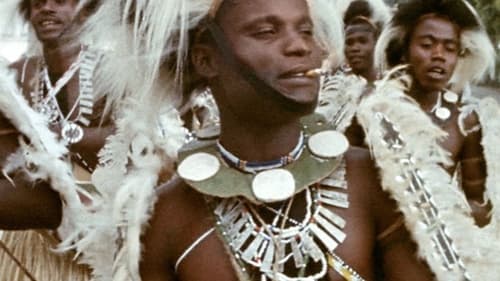
Cinematography
Festival panafricain d'Alger is a documentary by William Klein of the music and dance festival held 40 years ago in the streets and in venues all across Algiers. Klein follows the preparations, the rehearsals, the concerts… He blends images of interviews made to writers and advocates of the freedom movements with stock images, thus allowing him to touch on such matters as colonialism, neocolonialism, colonial exploitation, the struggles and battles of the revolutionary movements for Independence.
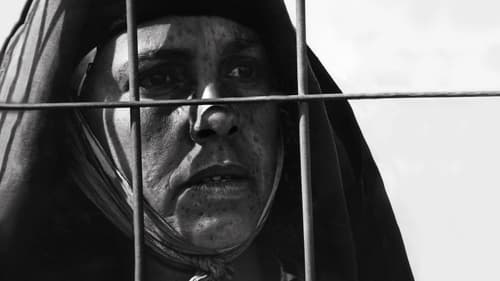
Second Assistant Camera
This black-and-white film – the first road movie of Algerian cinema – presents one of the most readily apparent, though subtle, transformations of the daily life of the people of Algeria brought about by the ordeal of French occupation and the war of liberation. With military repression in full force, a peasant woman finds herself alone in her house in the mountains when her only son is taken away by French soldiers soon after her husband is killed in a raid. One day, on seeing a dead chicken, which she considers a bad omen, she decides to leave home, and sets off on a tiring journey through the mountains. With a pair of chickens in tow, she moves from one detention camp to the next in a desperate search for her missing son. The film was inspired by events experienced by the family of its director.
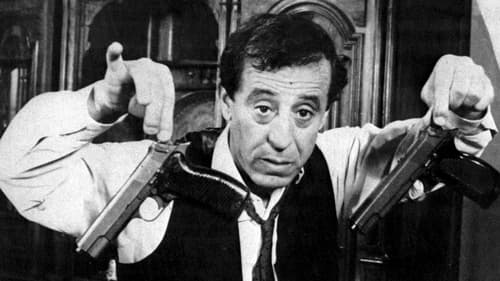
Set Photographer
Directed by Mohammed Lakhdar-Hamina.

Young Man
A poetic essay. An Algerian soldier wanders through Algiers and the countryside, whilst a voiceover of the soldier's mother laments his death.






